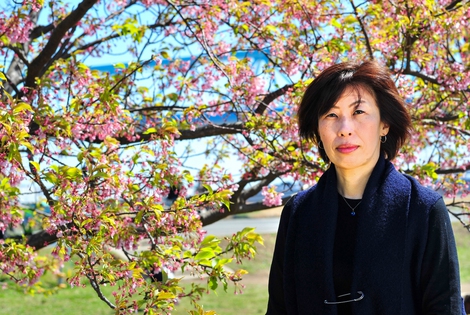
Three people putting the protection of the planet before themselves. Three powerful stories from Latin America, the deadliest region for environmental activists.
The two volunteers of the environmental association have been arrested for having tried to obstruct the traditional pilot whale hunting.
Every year, in the Faroe Islands, Denmark, a cruel ritual takes place, the “Grindagrap”, a slaughter passed as tradition. It is a massacre of thousands of long-finned pilot whales (Globicephala melas) carried out by the islanders.
The animals are surrounded by ships and pushed towards shallow water, near prearranged small bays. Here, men and children slaughter pilot whales by hand, with hooks and knives, colouring entire bays in red. Such event is not well thought of by the international public opinion and by many environmental associations, which try every year to enforce a European law banning cetaceans killing.
Among these associations there’s Sea Shepherd, organisation founded in 1977 by Paul Watson with the aim to protect the ocean and wild species living in it. On 20 July, two Sea Shepherd members, the US Susan Larsen and the German Tom Strerath, have been arrested by Faroe Islands’ police, with the help of the Danish army.
Theoretically, Denmark, being part of the European Union and thus subject to laws banning cetacean hunting, shouldn’t have sided with hunters. Yet, it keeps showing its support to the Faroe Islands. The two volunteers, on board Sam Simon ship, were investigating on a 15-vessel fleet, suspected to be about to kill pilot whales, in the north-west area of the archipelago.
The police arrested the two volunteers charging them with occupying prohibited water, i.e. the area destined to the “Grindagrap”. The two Sea Shepherd members now risk two years in jail if found guilty of obstructing the cull.
“We are killing the oceans,” said Paul Watson, Sea Shepherd’s founder. “About 40% of all the food on earth comes from the sea. Rather than kill whales, we must get them back because the phytoplankton that are the base of all life depend on them”.
Siamo anche su WhatsApp. Segui il canale ufficiale LifeGate per restare aggiornata, aggiornato sulle ultime notizie e sulle nostre attività.
![]()
Quest'opera è distribuita con Licenza Creative Commons Attribuzione - Non commerciale - Non opere derivate 4.0 Internazionale.
Three people putting the protection of the planet before themselves. Three powerful stories from Latin America, the deadliest region for environmental activists.
Influential scientist, activist and author Vandana Shiva fights to protect biological and cultural diversity, and against GMOs.
Kimiko Hirata has blocked 13 new coal plants in Japan, but she hasn’t done it alone. The 2021 Goldman Prize winner tells us about her movement.
The Goldman Environmental Prize, the “green Nobel Prize”, is awarded annually to extraordinary activists fighting for the well-being of the planet.
A group of experts in Tokyo suggested pouring radioactive water from Fukushima into the open sea. A marine biochemist explains the consequences of this absurd decision.
We talk to Shaama Sandooyea, activist and marine biologist from Mauritius onboard Greenpeace’s Arctic Sunrise ship in the heart of the Indian Ocean.
Arrested for supporting farmers. The alarming detention of Disha Ravi, a 22-year-old Indian activist at the fore of the Fridays for Future movement.
The decline in grey and humpback whales in the Pacific and Atlantic Oceans has been traced to food shortages caused by rising ocean temperatures.
Water defender Eugene Simonov’s mission is to protect rivers and their biodiversity along the borders of Russia, China and Mongolia.







